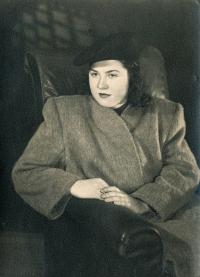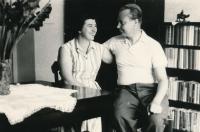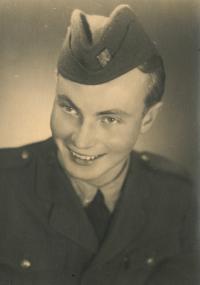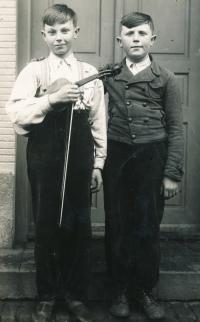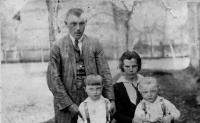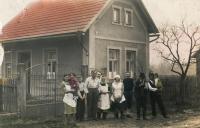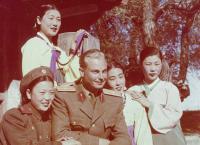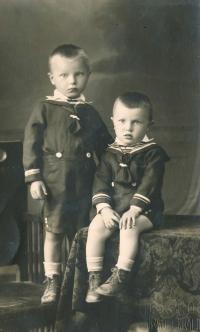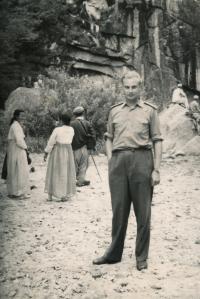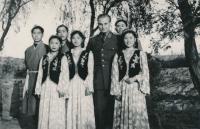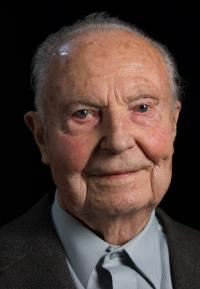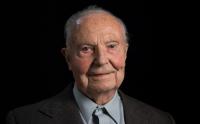My principle was to survive and to live

Stáhnout obrázek
Jaroslav Komárek was born on February 16, 1952, in Třesovice near Hradec Králové as the older of two brothers. He came from a poor family, his father was a labourer, his mother served on a farm. In 1939 he apprenticed as a locksmith. In June 1945 he joined the Communist Party. In the autumn of the same year he went for the military service, during which he served as a patrolman and an accountant in the prisoners’s camps for German soldiers in Náchod, Josefov and Jičín. On his return from the military, in 1947, he worked in Škoda Plotiště. In 1950 he joined the army again and as a professional soldier worked in the intelligence of the Czechoslovak Army. In 1954-55 he stayed in Korea as a member of the supervisory committee for repatriation of prisoners. On his return home, he continued to work in the intelligence until 1964. He stayed in the army until his retirement in 1980. As a pensioner he was employed as an economist of Julius Fučík’s theme park in Prague and in 1981-1986, in his position of an accountant, he made several trips to countries of the former USSR. Jaroslav Komárek is a widower and has lived, for several years already, in the home for war veterans in Prague-Střešovice.
